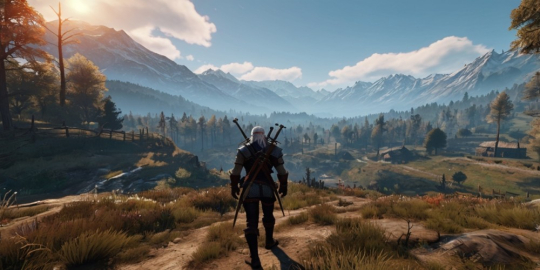
Gwent is an intriguing card game within The Witcher 3: Wild Hunt that has captivated players worldwide with its strategic depth and immersive gameplay. Whether you're just starting with Gwent or looking to refine your skills, this guide will provide you with crucial insights to become a formidable player. Dive into the realm of Gwent and conquer your opponents with ease.
Understanding the Basics of Gwent
Before you can excel at Gwent, it's vital to grasp the fundamentals. Gwent is a turn-based card game where players must strategically choose and play cards from their decks to win rounds and ultimately triumph in matches. Each card in your deck has unique abilities and point values, and the objective is to accumulate more points than your opponent.
Gwent is played over three rounds, with each player drawing cards from their decks at the start of each match. A key aspect of the game is knowing when to pass a round and preserve your cards for future rounds. Mastering these mechanics will set the stage for more advanced strategies and tactics as you progress.
Building an Effective Deck
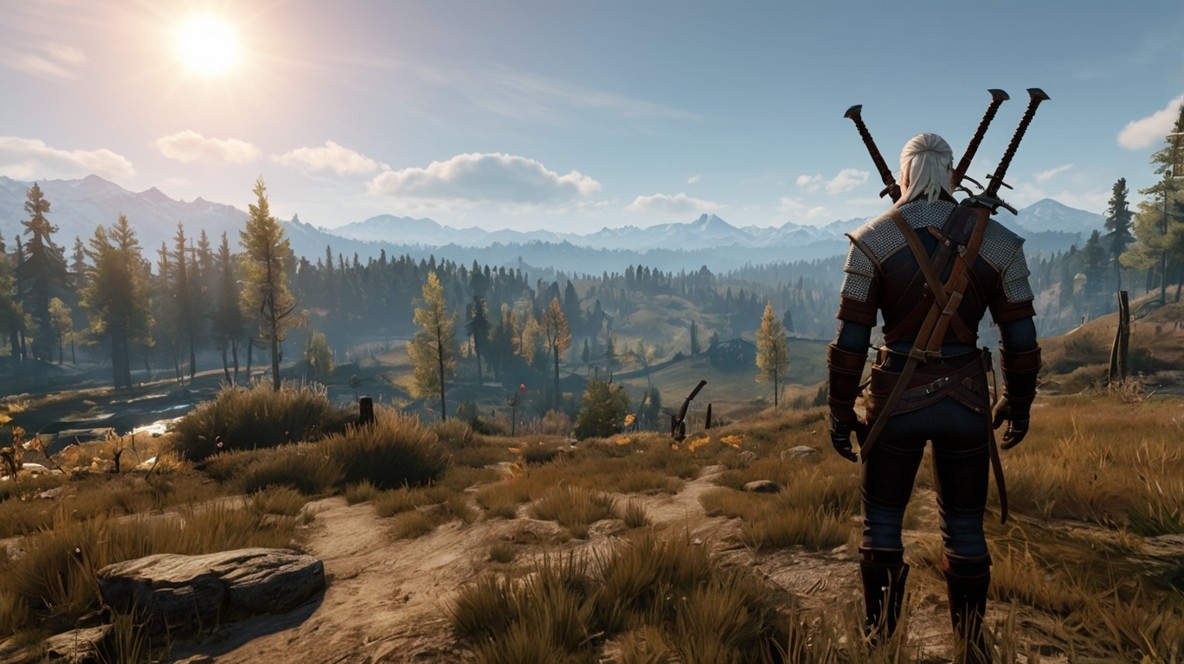
Your Gwent deck is your arsenal, and constructing a balanced, strategic deck is central to your success. A well-rounded deck should contain a mix of units and special cards that complement each other and provide flexibility during matches.
When building your deck, consider the synergies between cards and the strategic role they play. It's important to have a variety of cards that can counter different situations, as well as a handful of powerful standout cards that can turn the tide in your favor when needed.
Choosing the Right Faction
Gwent features multiple factions, each with unique strengths and special abilities. Choosing the right faction is about matching your play style with the faction's inherent advantages. Whether you prefer aggressive play or a more defensive strategy, there is a faction that suits your needs.
For beginners, it's advisable to experiment with different factions to understand their mechanics and identify which one feels most intuitive. Over time, mastering a particular faction can grant you a competitive edge, as you'll become adept at leveraging their specific benefits.
Mastering Card Abilities
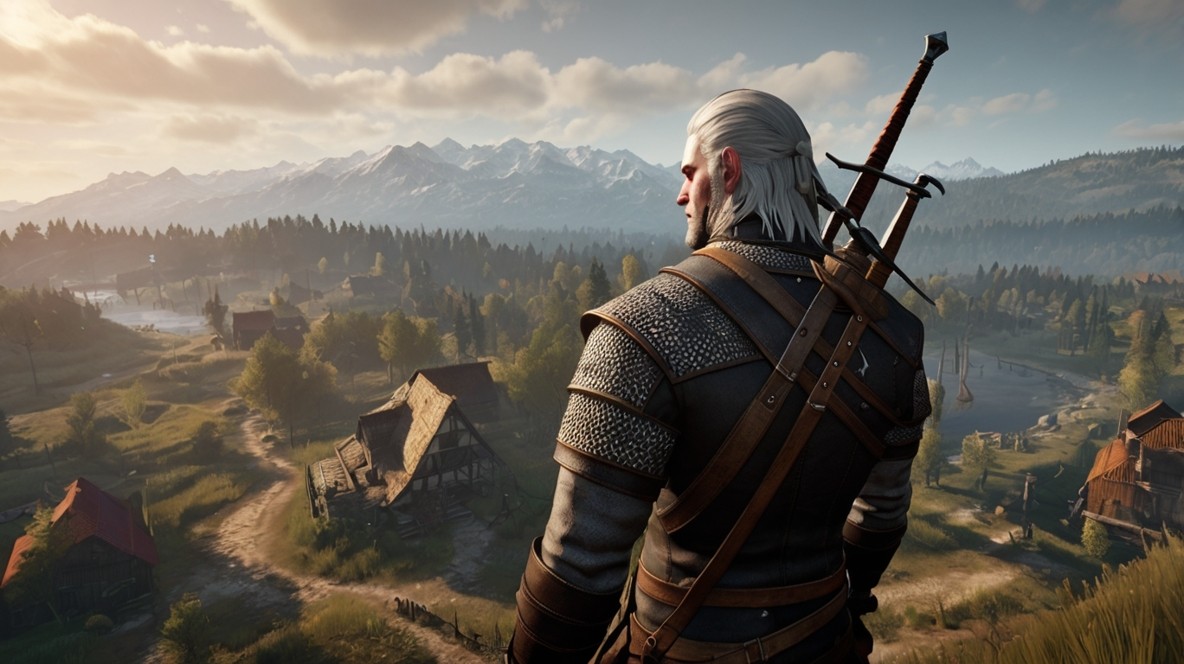
Each card in Gwent comes equipped with distinct abilities that can influence the course of the game. Understanding these abilities—and how they interact with other cards—is essential to formulating successful strategies.
Take the time to familiarize yourself with the various card abilities, and practice using them in concert to create powerful combos. The effectiveness of your plays often hinges on your ability to anticipate your opponent's moves and react with a well-timed response.
Strategic Round Management
Winning in Gwent is not just about powerful cards; it’s also about wise decision-making and efficient round management. Knowing when to take calculated risks or play conservatively can make a significant difference in outcome.
Your ability to manage your resources effectively over the course of three rounds will often define the match's trajectory. Keep a sharp eye on your opponent's moves and adapt your strategy to exploit any weaknesses that appear.
Understanding Gwent Terminology
Like any specialized game, Gwent has its own set of terminology that new players should learn. Here are some key terms:
- Mulligan: The ability to redraw certain cards at the beginning of a match for strategic reasons.
- Spy: A card played on an opponent's battlefield that grants you additional card draws.
- Leader Card: A powerful card that represents your faction's leader with a unique ability.
Understanding these and other terms can greatly improve your communication and gameplay understanding, making for a more enjoyable Gwent experience.
Practicing Against AI Opponents
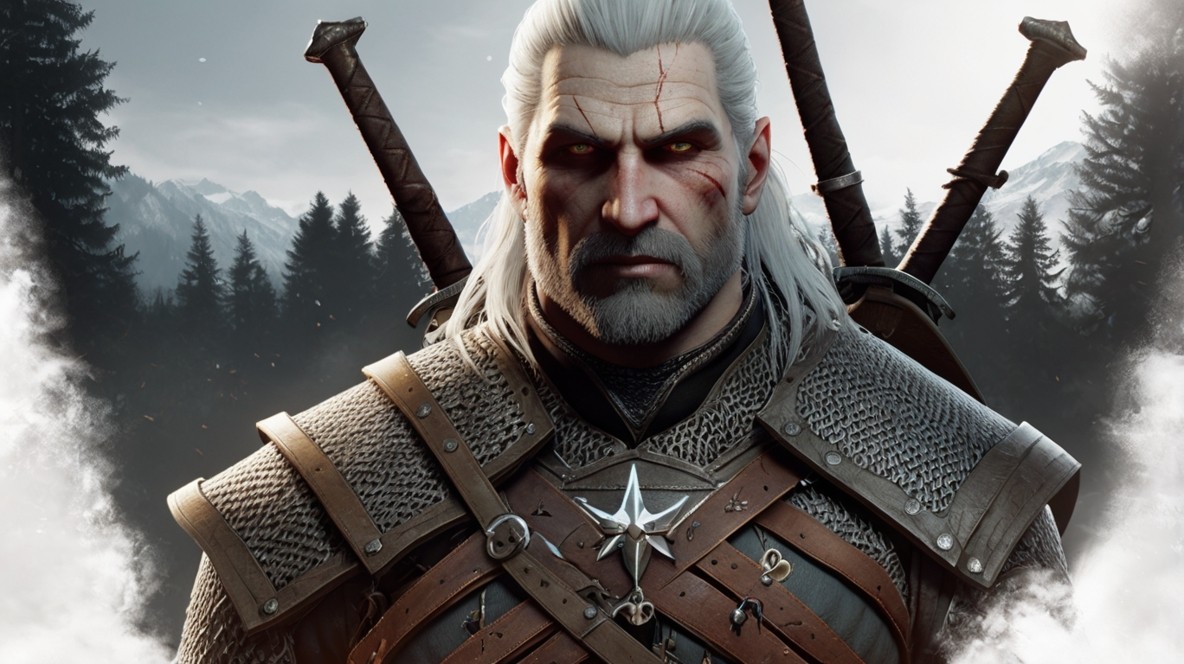
As a beginner, honing your Gwent skills against AI opponents is an invaluable way to learn and improve. AI matches provide a controlled environment where you can experiment with different strategies and decks without the pressure of human opposition.
Practicing against AI allows you to steadily build your confidence and refine your tactics until you feel ready to challenge other players. Utilize the AI matches to familiarize yourself with the game's flow and mechanics.
Engaging with the Gwent Community
Joining the vibrant Gwent community is a fantastic way to learn and grow as a player. Forums, online discussions, and social media groups offer ample opportunities to exchange tips, discuss strategies, and connect with fellow enthusiasts.
Participating in these communities not only broadens your understanding of the game but also enhances your enjoyment by sharing the experience with like-minded individuals. Engaging with the community can provide valuable insights that enhance your gameplay.
Learning from Mistakes
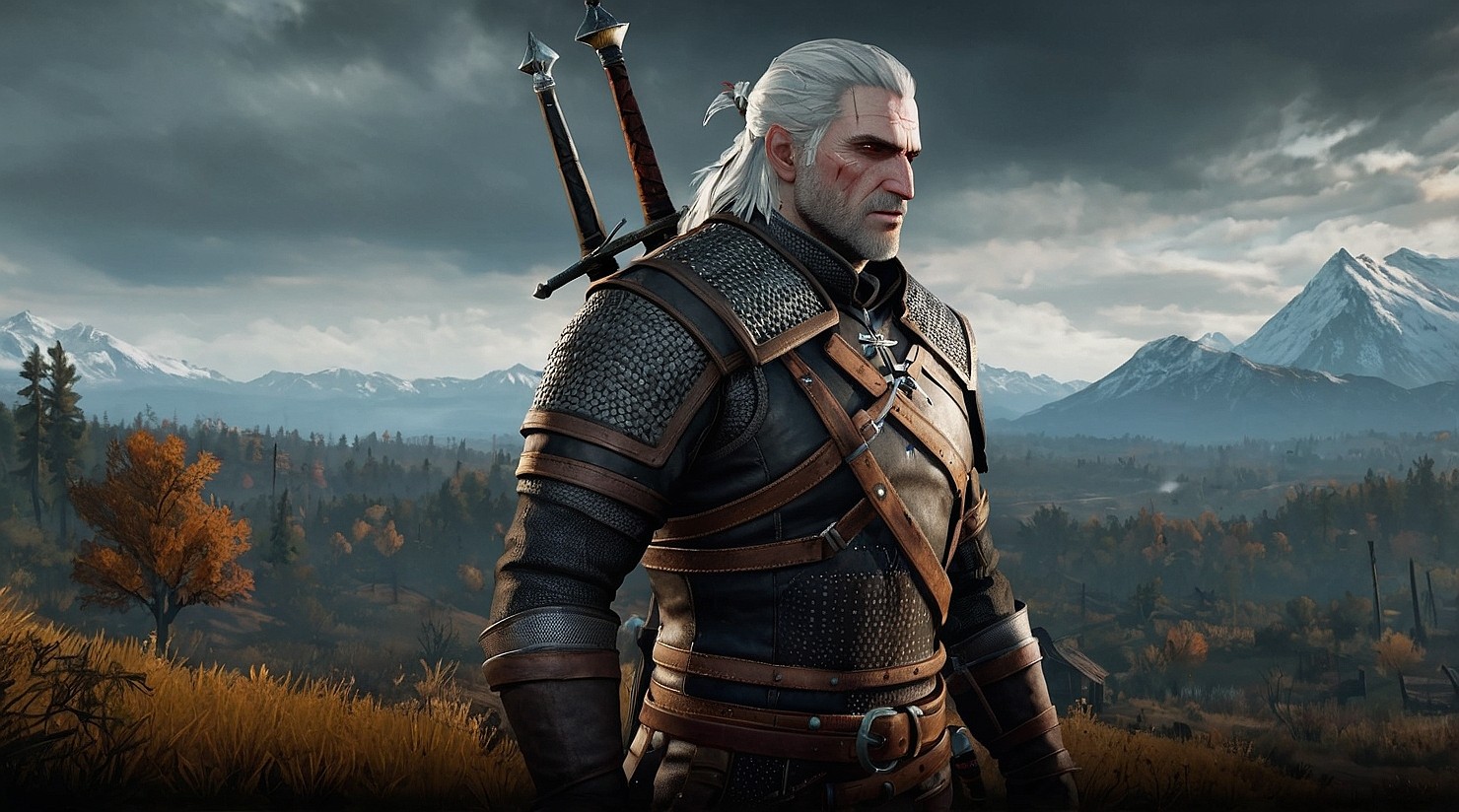
Mistakes are a natural part of learning Gwent. View them as opportunities to assess and improve your gameplay. Analyzing your errors can yield vital insights into decision-making processes and strategic adjustments that are needed.
Keep track of your games and identify patterns in your mistakes. Taking a proactive approach to learning from your errors will accelerate your growth as a Gwent player. Always strive to understand the "why" behind mistakes to minimize their recurrence.
Becoming a Competitive Gwent Player
Once you’ve mastered the basics and developed your skills, you can begin to think about playing Gwent competitively. This can range from participating in casual local meetups to competing in online tournaments.
As you aim for the competitive scene, continually refine your deck, practice advanced strategies, and stay abreast of Gwent updates and meta shifts. Embrace the challenge as an exciting opportunity to showcase your mastery and enjoy the thrill of Gwent at a higher level.